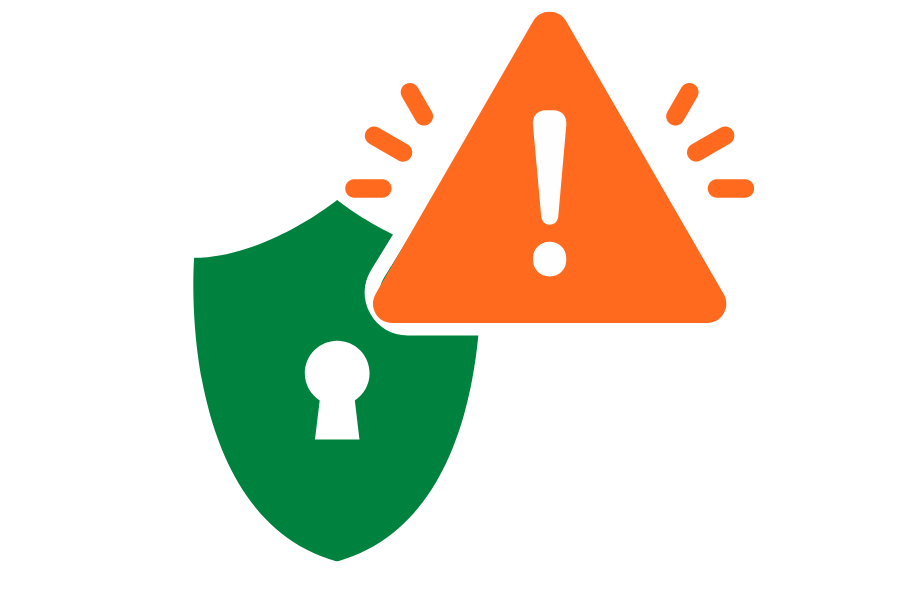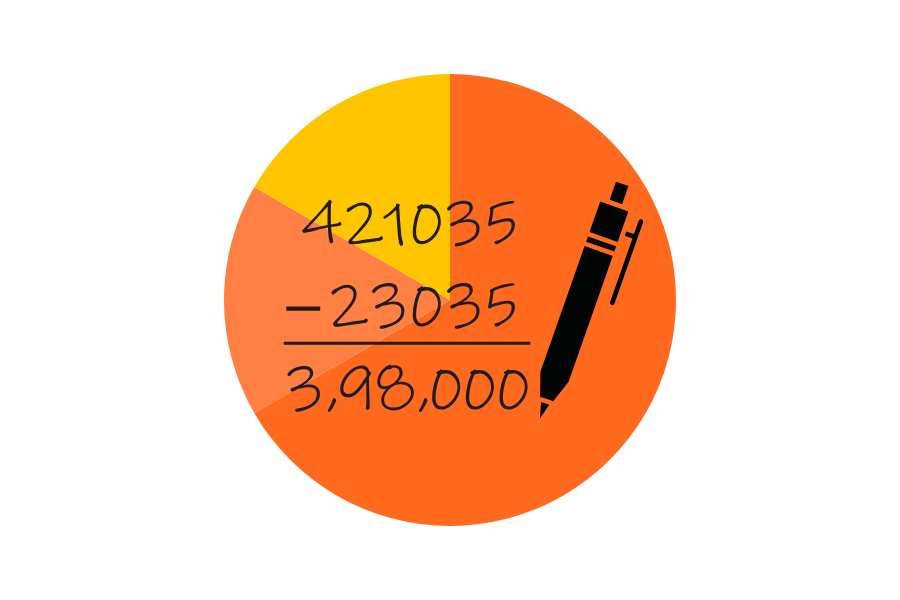Applying for Business Licenses & Permits in Singapore
Singapore’s thriving business ecosystem attracts entrepreneurs from around the world. But to operate legally and compliantly, businesses must navigate the intricate landscape of permits and licenses. In this comprehensive guide, we delve into the world of permits and licensing in Singapore, offering richer information and insights than ever before.
Understanding the Licensing Landscape
Before we dive into the specifics, it’s essential to comprehend the regulatory framework that governs licenses and permits in Singapore. The various licenses and permits fall under different government agencies, depending on the nature of your business.
1. BizFile+ and LicenseOne
Most license applications in Singapore are processed through two primary online portals: BizFile+ by the Accounting and Corporate Regulatory Authority (ACRA) and LicenseOne by the Public Service Division (PSD).
- BizFile+: It’s your go-to platform for registering businesses, filing annual returns, and managing company-related matters. ACRA plays a pivotal role in regulating business entities.
- LicenseOne: LicenseOne streamlines license applications for a wide range of activities. It’s managed by the PSD, offering a unified platform for businesses to apply for and manage licenses with various government agencies.
The Types of Licenses and Permits
1. Business Registration
Before obtaining specific licenses, you need to register your business. This step involves choosing a business structure (e.g., sole proprietorship, partnership, private limited company) and registering it with ACRA. Your chosen business structure will determine the licenses and permits you require.
2. Industry-Specific Licenses
Depending on your industry and business activities, you may need industry-specific licenses and permits. Here are some examples:
- Food Establishment License: Required for businesses involved in food preparation and sales.
- Financial Services Licenses: Essential for companies in the finance and banking sector.
- Retail Licenses: If you run a retail outlet, you may need licenses for specific activities (e.g., retail of liquor, tobacco, pharmaceuticals).
3. Import and Export Licenses
If your business involves the import or export of goods, you’ll need to obtain relevant permits. The permits depend on factors like the nature of goods, their quantity, and their destination or origin.
4. Environmental Permits
Certain industries, such as manufacturing and chemicals, must adhere to environmental regulations. Depending on your activities, you may need permits related to pollution control, hazardous substances, or waste management.
5. Employment Passes and Work Visas
If you intend to employ foreign workers, you’ll need to apply for employment passes or work visas for them. The Ministry of Manpower (MOM) manages these applications.
6. Intellectual Property Rights
Securing patents, trademarks, and copyrights is crucial for businesses in technology, creative arts, and innovation sectors. The Intellectual Property Office of Singapore (IPOS) oversees these rights.
The Application Process
Understanding how to apply for licenses and permits is vital. Typically, the process involves these key steps:
- Research: Identify the specific licenses or permits your business requires. Familiarise yourself with the regulations and prerequisites.
- Prepare Documents: Gather all necessary documents, which may include business details, financial statements, and safety measures.
- Online Application: Use BizFile+ or LicenseOne to submit your application. Ensure all required information is accurate and complete.
- Payment: Pay the relevant fees associated with your license or permit application. Fees vary depending on the type and duration of the license.
- Processing: Government agencies will review your application. This may involve inspections or additional document requests.
- Approval: Upon approval, you’ll receive your license or permit. Ensure it is prominently displayed or kept on the premises as required by law.
Renewal and Compliance
Many licenses and permits have a limited validity period, typically one to three years. Renewal is crucial to maintain compliance. Keep track of expiration dates and initiate renewal processes well in advance.
Professional Assistance
Navigating Singapore’s licensing and permitting landscape can be complex. It’s advisable to seek professional assistance when necessary, whether from a corporate service provider or legal expert. They can offer guidance, ensure compliance, and streamline the application process.
Conclusion
Mastering permits and licensing is a fundamental aspect of running a successful business in Singapore. The government’s commitment to efficiency and transparency through platforms like BizFile+ and LicenseOne simplifies the process. By understanding the types of licenses required for your industry, preparing diligently, and seeking professional assistance when needed, you can ensure your business operates compliantly and thrives in Singapore’s dynamic business environment.
Let the pro team at Counto help set up your business in Singapore quickly. Speak to us directly on our chatbot, email us at [email protected], or contact us using this form.
Here are some articles you might find helpful:







